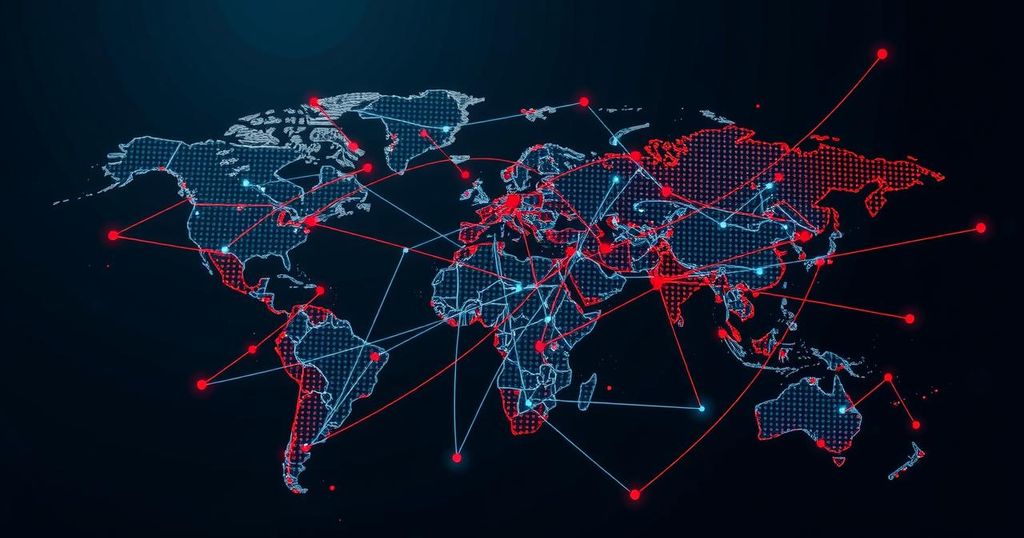AI’s Transformative Power in International Trade: A New Report’s Insights
The report “Trading with Intelligence” highlights artificial intelligence’s potential to reshape international trade by reducing costs and enhancing market access for small businesses. It warns of regulatory fragmentation and unequal access to AI benefits, calling for a coordinated approach through organizations like the WTO to ensure fair competition and equitable opportunities across economies.
A new report titled “Trading with Intelligence: How AI Shapes and is Shaped by International Trade” delves into the transformative potential of artificial intelligence in global commerce. It outlines how AI could reduce trade costs, reshape service trade, and enhance the export of AI-specific goods. The report predicts a notable increase in trade growth due to AI, especially for developing economies and smaller enterprises, highlighting the importance of cohesive regulation to avoid disparities. It also raises concerns about potential regulatory fragmentation and the necessity for equitable access to AI advancements.
The report underscores the essential role the World Trade Organization (WTO) can play in navigating these changes, advocating for a globally coordinated approach to the challenges posed by AI. With various national AI regulations incoming, the report emphasizes collaborative policy formulation to streamline benefits across economies and ensure fair competition, especially for marginalized businesses. As AI weaves into the fabric of international trade, its impact on customs processes and compliance regulations could redefine global market participation.
The landscape of international trade is continually evolving, particularly with the advent of artificial intelligence technologies. These innovations promise to not only enhance efficiency but also alter traditional trade dynamics by lowering operational costs and streamlining supply chain management. Recognizing the potential challenges of regulatory divergence and economic disparity, organizations like the World Trade Organization (WTO) are exploring how best to integrate AI’s capabilities into existing frameworks, ensuring no economy or business is left behind in this rapidly advancing technological era.
This report serves as a wake-up call to stakeholders in international trade, emphasizing that AI holds the power not only to revolutionize global commerce but also to create significant challenges. Ensuring equitable access and coherent regulations will be crucial in harnessing AI’s benefits for all, especially smaller enterprises and developing nations. The collaborative role of the WTO is highlighted as instrumental in steering these changes toward inclusive growth and sustainability in trade practices.
Original Source: www.wto.org




Post Comment